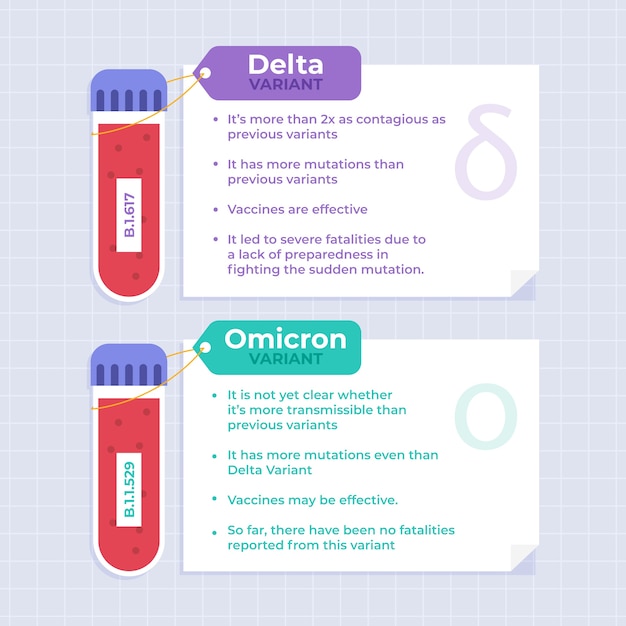Drug Facts and Comparisons – Understanding the Differences

Drug facts and comparisons can help guide medical decisions.
Knowing the differences between drugs is essential for patient safety.
Understanding drug facts can lead to informed healthcare choices.
Drug comparisons can help identify the most effective treatment options.
Drug facts and comparisons are key to personalized medicine.
Stay informed with drug facts and comparisons to avoid potential side effects.
Comparing drug options can help manage healthcare costs.
Being aware of drug facts can empower patients to take control of their health.
Drug comparisons enable healthcare professionals to provide personalized care.
Drug facts and comparisons provide valuable information for clinical decision-making.
Keeping up to date with drug facts is crucial for effective prescribing.
Drug comparisons can help identify the most suitable medication for individual patients.
Knowledge of drug facts and comparisons promotes evidence-based medicine.
Drug facts and comparisons enhance medication adherence.
Understanding drug similarities and differences can aid in treatment optimization.
Drug comparisons ensure patients receive the most appropriate therapy.
Drug facts and comparisons support healthcare professionals in providing patient education.
Knowing drug facts can help differentiate between similar medications.
Drug comparisons promote therapeutic alternatives for patients with contraindications.
Drug Facts and Comparisons – Understanding the Differences part 2
Understanding drug facts improves medication safety.
Comparative drug analysis assists healthcare professionals in making informed decisions.
Drug facts and comparisons support the development of personalized treatment plans.
Drug comparisons enable clinicians to tailor therapy based on patient characteristics.
Knowledge of drug facts enhances interdisciplinary collaboration within healthcare.
Drug facts and comparisons aid in identifying potential drug interactions.
Understanding drug similarities and differences helps prevent medication errors.
Comparative drug analysis supports evidence-based guidelines and protocols.
Drug comparisons contribute to individualized dosage adjustments.
Drug facts and comparisons promote patient-centered healthcare.
Knowledge of drug facts enables patients to actively participate in their treatment.
Comparative drug analysis supports medication reconciliation.
Understanding drug facts facilitates shared decision-making in healthcare.
Drug comparisons assist in evaluating the cost-effectiveness of treatments.
Drug facts and comparisons aid in medication management for chronic conditions.
Knowledge of drug similarities and differences improves treatment outcomes.
Comparative drug analysis promotes rational drug use.
Drug comparisons help identify potential alternatives when a medication is not available.
Drug facts and comparisons support pharmacovigilance efforts.
Understanding drug facts facilitates the selection of appropriate over-the-counter medications.
Comparative drug analysis helps healthcare professionals assess treatment options for specific populations.
Drug comparisons contribute to the optimization of medication regimens.
Drug facts and comparisons enhance patient safety during transitions of care.
Knowledge of drug facts supports evidence-based formulary decisions.
Understanding drug similarities and differences promotes individualized therapy for vulnerable populations.
Comparative drug analysis aids in monitoring and managing adverse drug reactions.

